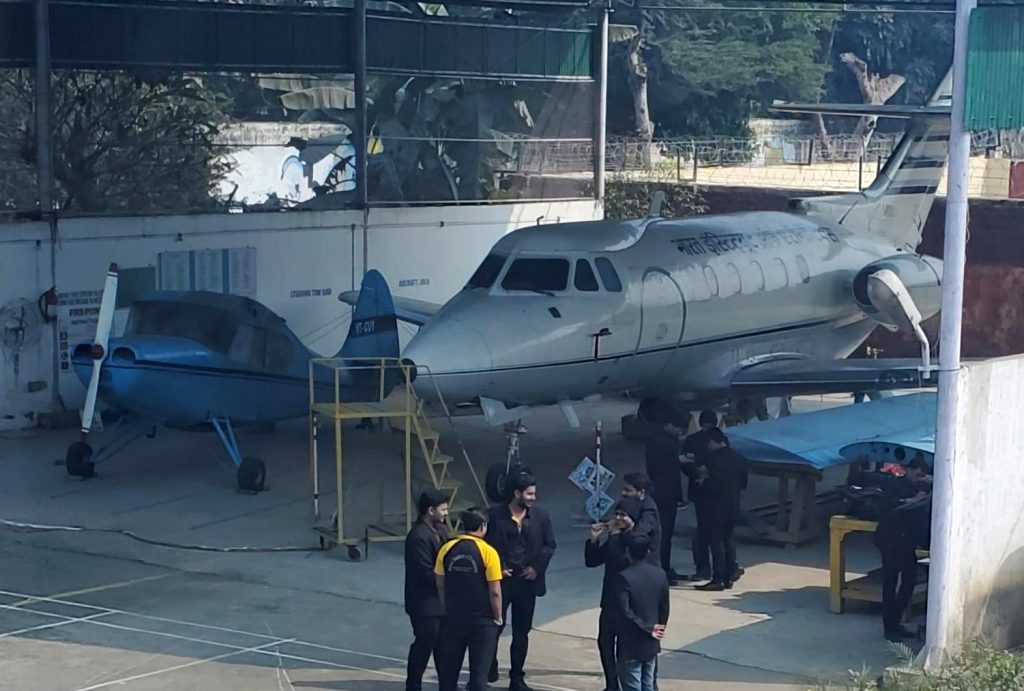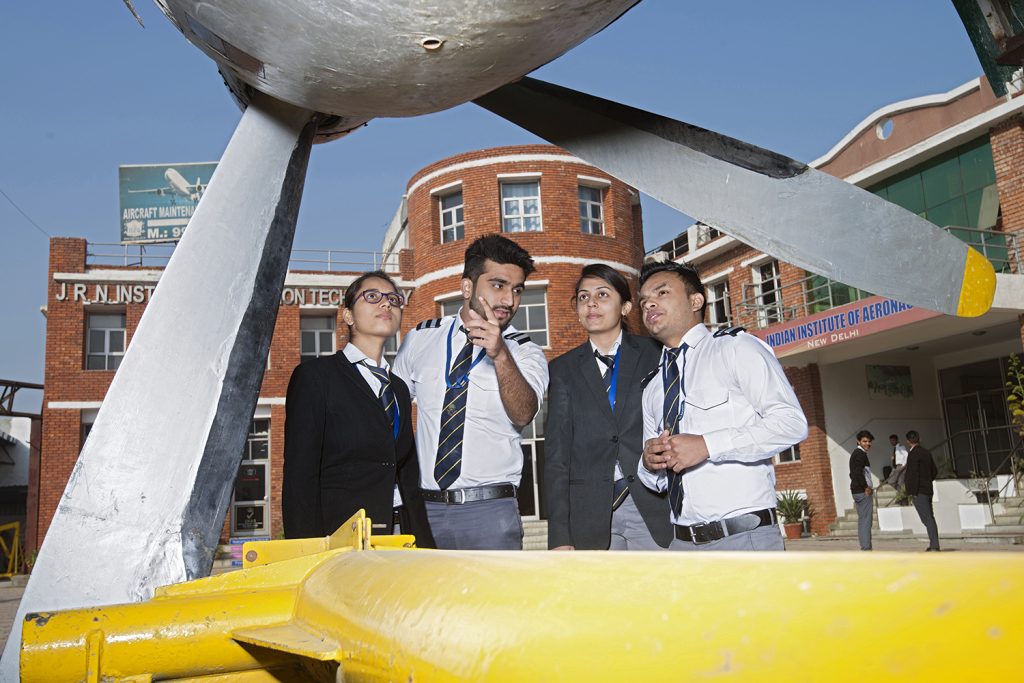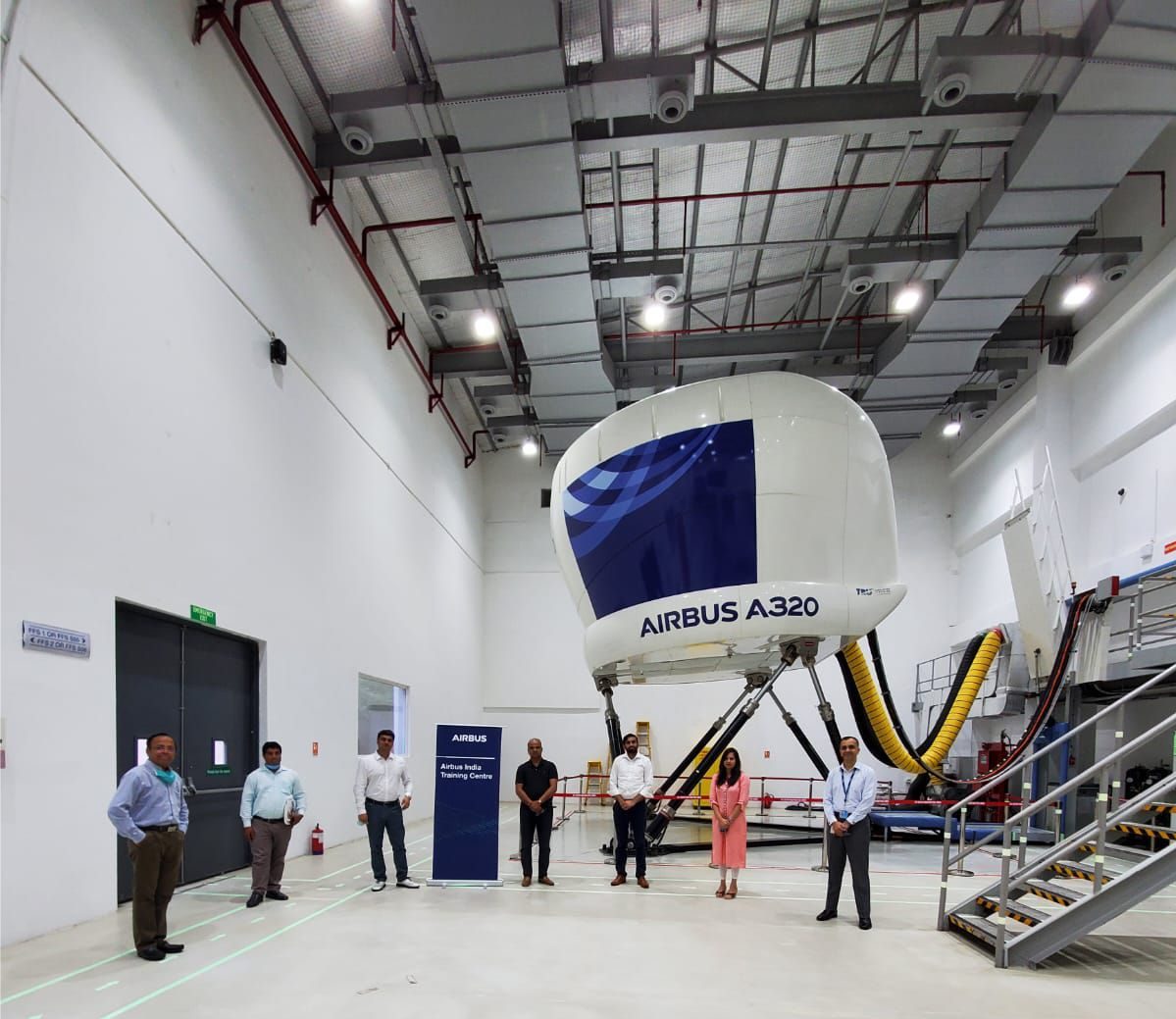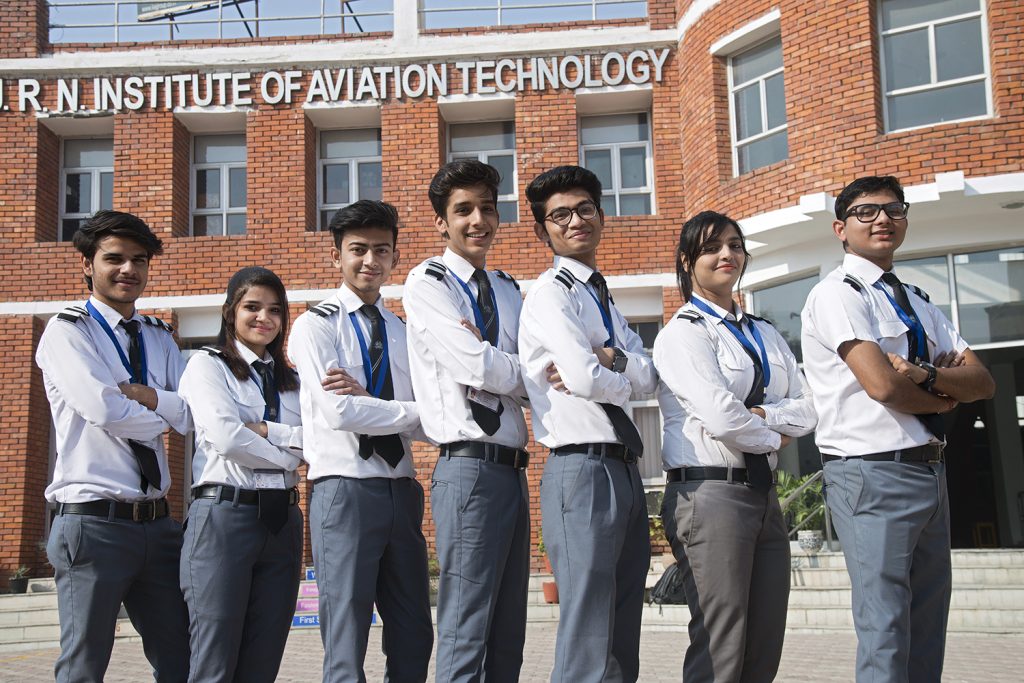A Commercial Pilot License (CPL) is a crucial certification that allows individuals to work as professional pilots and be compensated for their flying services. CPL holders can fly aircraft for various commercial purposes, such as conducting charter flights, aerial photography, agricultural operations, and transporting passengers or cargo. Obtaining a CPL is a significant step towards a rewarding career in aviation and opens up various opportunities within the aviation industry.

Commercial Pilot License (CPL) Course Details:
The CPL course is designed to provide aspiring pilots with the necessary knowledge and flight training to meet the rigorous standards set by aviation authorities. The curriculum usually includes theoretical classroom instruction, flight training, simulator sessions, and examinations.

Subjects covered in the CPL course may include:
- Air Law and Regulations: Understanding aviation laws, regulations, and procedures.
- Navigation: Learning to navigate and plan flights using various tools and techniques.
- Meteorology: Studying weather systems and their impact on flight operations.
- Aircraft General Knowledge: Understanding the technical aspects of aircraft systems.
- Flight Planning and Performance: Planning flights and assessing aircraft performance.
- Human Performance and Limitations: Understanding human factors affecting pilot performance.
- Radio Telephony: Developing effective communication skills for air traffic control interactions.
- Principles of Flight: Learning about aerodynamics and aircraft behavior.
Commercial Pilot License (CPL) Duration:
The duration of the CPL course can vary depending on several factors, such as the training program’s structure, the student’s aptitude, and weather conditions. On average, the course may take anywhere from 6 to 12 months to complete.

Commercial Pilot License (CPL) Fees:
The cost of obtaining a CPL can be substantial, as it involves flight training, theoretical instruction, examination fees, and other associated expenses. The fees can vary significantly based on the flight school’s location, the type of aircraft used for training, and the number of flying hours required to meet the licensing requirements.
Commercial Pilot License (CPL) Eligibility:
To pursue a CPL, candidates must meet certain prerequisites, which often include:
- Age: Most countries require candidates to be at least 18 years old to apply for a CPL.
- Educational Qualifications: A minimum of a high school diploma or equivalent is generally required.
- Medical Fitness: Candidates must undergo a medical examination by an authorized aviation medical examiner to obtain a Class 1 or Class 2 medical certificate.
- Private Pilot License (PPL): Aspiring CPL students must first obtain a Private Pilot License before commencing CPL training.
- Flight Hours: Applicants must accumulate a specific number of flight hours, which varies by country, to be eligible for CPL training.

Commercial Pilot License (CPL) Scope and Career Opportunities:
Obtaining a CPL opens up a wide range of career opportunities within the aviation industry. Some potential career paths include:
- Commercial Airline Pilot: CPL holders can pursue a career as a first officer with regional or major airlines, and with experience, they can advance to become captains.
- Charter Pilot: Flying chartered flights for corporations, individuals, or organizations.
- Cargo Pilot: Transporting cargo and freight for cargo airlines or courier services.
- Agricultural Pilot: Aerial application of pesticides and fertilizers in agriculture.
- Flight Instructor: CPL holders can become flight instructors to train aspiring pilots.
- Corporate Pilot: Flying private aircraft for corporations and high-net-worth individuals.
- Aerial Photography and Surveying: Conducting aerial photography, surveying, and mapping missions.
Top Recruiters:
Several airlines, corporations, and aviation companies actively recruit CPL holders for various pilot positions. Some of the top recruiters for CPL holders include:
- Commercial Airlines: Major airlines like Emirates, Delta Air Lines, Lufthansa, British Airways, and others hire CPL holders as first officers.
- Regional Airlines: Regional carriers often recruit CPL holders to fly regional routes.
- Cargo Airlines: Companies like FedEx, UPS, and DHL hire CPL holders to operate cargo flights.
- Corporate Flight Departments: Corporations with private aircraft employ CPL holders as corporate pilots.
- Charter Companies: Charter operators seek CPL holders for their charter flights.
